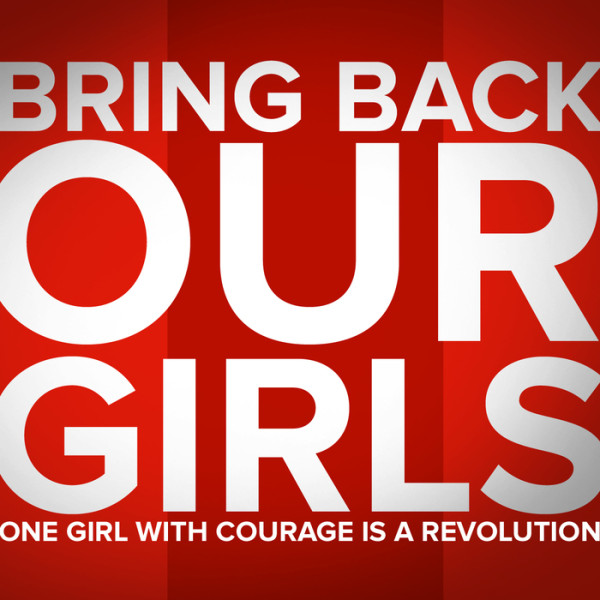
People mention “first world problems” in apologetic tones or bravely bragging tones. I (sort of) feel guilty about complaining this way on Facebook, but how annoying is it when you are stuck in the airport and you can’t find a place to plug in your charger?…So blessed to have the choice between Harvard and Yale – but how will I ever decide? This is torment!
For most of us, receiving a perspective check is really helpful from time to time. It truly helps to zoom out from our habitual tight shots to see what else is happening in the scene, beyond our limited roles. From the right person, a firm and gentle reminder that in the great scheme of things this set back is manageable helps you get a grip on the situation and yourself. From the wrong person, getting a “first world problem” label slapped on you can feel insulting, dismissive, and missing the point entirely.
A deeper problem with our facile use of this phrase is our complicit acceptance of a world subdivided into importance, wealth, education, freedom, health, and opportunity by designations like first and developing. As if, by recognizing even in a snarky social-media way what we’re talking about is “only” a first world problem, we are freed up to go ahead and revel in it and ignore the rest of the world.
This is why I’ve been so heartened by the rallying cry for the kidnapped Nigerian girls: Bring Back Our Girls. Our girls. As if we recognize we all have responsibility for the world’s children.
As we head into the knarly mess of a liturgical service this Sunday (aka Mother’s Day), this rallying cry brings me hope. It’s the cry of men and women who stand with the mothers and fathers who’ve lost their girls. It’s the cry of solidarity between Nigerians and Americans who stand together in our belief in education for boys and girls. It’s the collective cry of one world, daily divided and divvied up, but claiming a unity of purpose and perspective that resembles kinship and the reign of God.
*
photo credit: Girl Rising. Used with permission.
